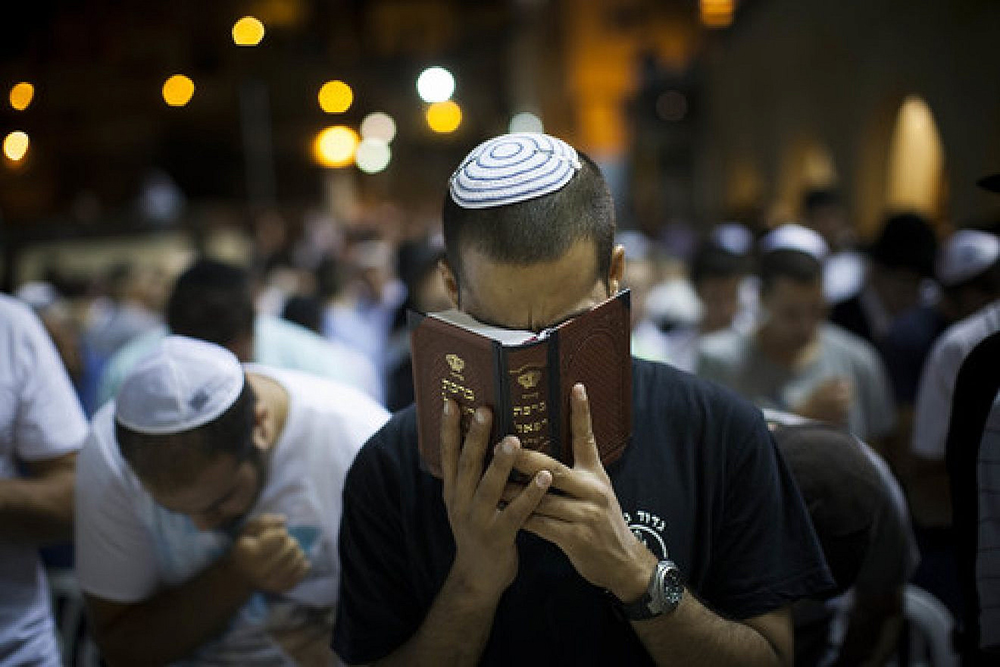|
Getting your Trinity Audio player ready...
|
By: Rabbi Yissocher Frand
The second Mishna of tractate Rosh Hashana teaches “On Rosh Hashana all who enter the world pass before Him (for judgment) like Bnei Maron” (sheep being counted). However, the Gemara there quotes an opinion that “Man is judged daily” [Rosh Hashana 16a]. At first glance, these two opinions seem to conflict with one another. Apparently, Judgment either occurs once a year or it occurs on a daily basis. The two opinions seem to be mutually exclusive.
Rav Eizele Charif tries to reconcile these statements by introducing the concept that that in reality, there are two types of judgment. When a person starts his year, it has been determined that he has certain abilities, a certain status, and certain physical and financial attributes. A status quo for the coming year is determined on Rosh HaShana. However, this “baseline” can be altered during the year — for better or for worse — based on the actions of the individual during the year.
However, when we approach the judgment of the New Year, there is no status quo. We do not approach the Almighty with a presumption of what has been (chazaka d’m’ikara). We do not walk into Judgment on Rosh HaShana with the idea “I have been alive until now, I will remain alive this coming year; I have been healthy and wealthy until now, so it will all continue indefinitely during the coming year”. That is not a correct attitude on Rosh HaShana.
During the year, our allotment and budget has already been determined. We have been budgeted a certain amount of dollars, and health, and success in our endeavors and we proceed to spend against that pre-determined budget, even though that budget can be raised or lowered within the parameters of “Man is judged daily”. However, when Rosh HaShana’s judgment for the New Year arrives, there is nothing that is a given.
Rav Pam once commented on the Penitential prayer that we say in Selichos prior to and during the Yomim Noraim (Days of Awe), “Like paupers and beggars do we come before You, knocking on Your door.” The simple interpretation is that we are paupers because we do not have sufficient good deeds to our credit. However, Rav Pam says that it is to be interpreted literally — when we appear before the Almighty on Rosh HaShana we are penniless. What does it mean we are penniless? I have money in the bank, I have a portfolio, I have a house, and I have assets! What does it mean, “I’m a pauper”?
Rav Pam explains that it means that nothing is a given. We start out afresh. There are not any “chazakas”. “You were healthy until now, but today there is a fresh judgment regarding what is going to happen now and for the coming year.” “You had success until now. Today there is a fresh Judgment.”
The reason we do not tremble before the Yom HaDin is because it is very hard for us to actually believe this idea. If a person is 50 years old, he figures that he has been through all this previously and things always seem to remain fairly stable. He assumes “Look, I just went for a physical and the doctor says I am doing quite well.” “I have been in my business or profession for 30 years; some years I do a little better and some years a little worse, but I have always had a steady income. What do you mean that I might not have parnasa this coming year?” We tend to assume that we are going into the Day of Judgment with a strong status quo in our favor. That is not true. It is very difficult for us to internalize this concept but the status quo is not guaranteed.
If we think about things we have seen and heard about during the past year, it will become all too clear how life can change in a minute. People are swept away by natural tragedies, by sudden changes of fortune, by unexpected diagnoses, and by unforeseen political changes. These sudden changes in one’s health or fortune or personal status are the most shocking things that can happen to a person. Yesterday, everything was wonderful. Overnight, things can change in such a way that a person is no longer able to function. However, such events do occur. That is the Day of Judgment of Rosh Hashana. There are no presumptions of status quo. We cannot be lulled into this false sense of security that we have been healthy, wealthy, and wise until now, presumably it will continue like that as well.
On Rosh Hashana, all bets are off. Like paupers and penniless people do we knock on Your doors. This is the reality. This is why the Din of Rosh Hashana is so awesome and scary.




